Some puppies struggle to put on weight. You can feed them, and feed them and feed them, they just don’t seem to be able to add on some extra pounds.
One of the most worrying things for a puppy parent is when their puppy is skinny and they just cannot keep up with puppy’s growth. Sometimes Puppy may not gain weight because they are just averse to eating (did you check our post about that by the way?) , othertimes it’s something medical (which I want you to rule out first please!), but sometimes they just cannot seem to put on weight! It’s just how it is…right?
Well! Kinda? But so long as it’s not worms, parasites, another medical reason or even just a lack of desire to eat? You can fix it!
Why is my puppy so skinny?
Well, it comes down to calories in vs calories out most of the time, and if they burn off their food through exercise or growth faster than they are consuming it? It can mean that they’re going to lose weight.
Now, puppies are active creatures when they’re awake, and they need a lot of sleep, so this can burn off food fast, but the biggest one is growth. I tend to see that puppies grow up, fill out, and grow upwards again, which can make them skinny looking in the “up” phase. This is nothing to worry about!
When should I worry about my puppy’s weight?
When they get too skinny, and if they refuse to eat? That’s when to worry. It’s hard, because it depends on coat type? But lethargy is the thing to watch out for.
Can worms cause my puppy to be skinny?
Yes! And I do really want you to make sure they’ve been wormed before taking any further advice, because worms are not very nice. They’re a parasite that lives in the gut that can literally steal the food from your dog – from the inside. They will struggle to gain weight whilst playing host to these horrid little beasties.
How to tell if your puppy is skinny
This one is really difficult because every breed and gender vary so much – but the unfailing way to know? Is by looking at their body shape.
You want a dog who has nice hips, a tucked waist and a good chest. You should be able to feel the spine but not see it, you should be able to see a couple of ribs on finer coats and feel them on fluffier dogs, but the hips shouldn’t be too prominent — unless you have a sighthound like an Azawakh! But hopefully that helps?
So, with that said, here are our best tips for helping your little woof gain some weight.
1 – Ensure they’re eating puppy food.
Puppy food is full of more calories and more nutrition generally than dog food, and if there is a speciality one for the size of your dog, consider this too, because small dogs grow differently to big dogs and it can be problematic to feed them the wrong thing.
A puppy who is hungry, but may not be being fed enough may eat all sorts of things they shouldn’t, so ensure to get a good quality diet! Personally? I’m a massive fan of raw feeding, but I understand it’s not for everyone!

2 – Decrease exercise
This is gonna seem really obvious but, less exercise. Sometimes going to daycare might be too much, or you might be walking puppy just a little more than they should. This can create a puppy who struggles to relax, also known as an Endurance Monster or an overtired puppy.
Slow it down! See if you can relax your pup and encourage mental stimulation, and chewing? You’ll definitely start seeing your little puppy gain a little extra weight when they stop burning it off faster than they consume it!
3 – Feed slightly more food
This one is fairly obvious too, huh? If you feed approx 10% more per meal and feed based on your puppy’s ideal weight for their age and size (not their current weight) they will begin to gain. That bit is super important!
There will be some guesswork involved in that. And if you’re struggling to get your pup to eat that much then check out our post on encouraging your dog to eat. Some of them line up really nicely with this post, so hopefully, you’ll be able to find some awesome tips to get them to gain weight.
4 – Feed fattier protein sources
This one is getting into some real nitty-gritty! Fattier proteins will help your puppy gain weight because they have a naturally more calorific, which almost directly relates to helping your puppy gain weight.
5 – Feed more often
If your puppy is being fed twice a day, go to three, or four – because smaller feedings will increase food intake, and it increases the spread of the calories, which can be great for keeping your dog from burning their own reserves, and instead, help build them up!
6 – Protein, baby!
Protein is key to adding in muscle. This is the way to help add and replenish it. Pick some great quality food, the best you can afford, and feed liberally (as we discussed above!) and help them add in tone, not just bulk – because even though we want them to gain weight, we want them to remain healthy throughout.

7 – Add in an egg
I use this one for everything don’t I? But they’re so packed with healthy proteins that are simply one of the best foods for your dog. Add in an egg once a day, and you’ll see your dogs coat and form come on wonderfully. You can crack them straight in the bowl or scramble them, or poach them – whatever you feel like.
8 – Add some bone broth
Bone broth gets an awful lot of fat in it, but it’s all good, delicious fat that’s totally nutritious! It’s just calorie dense. It can be spooned onto kibble, over meat, or in with raw. You can also freeze it into little ice-pups too! It’s a great immune booster also, to help keep away the nasties.
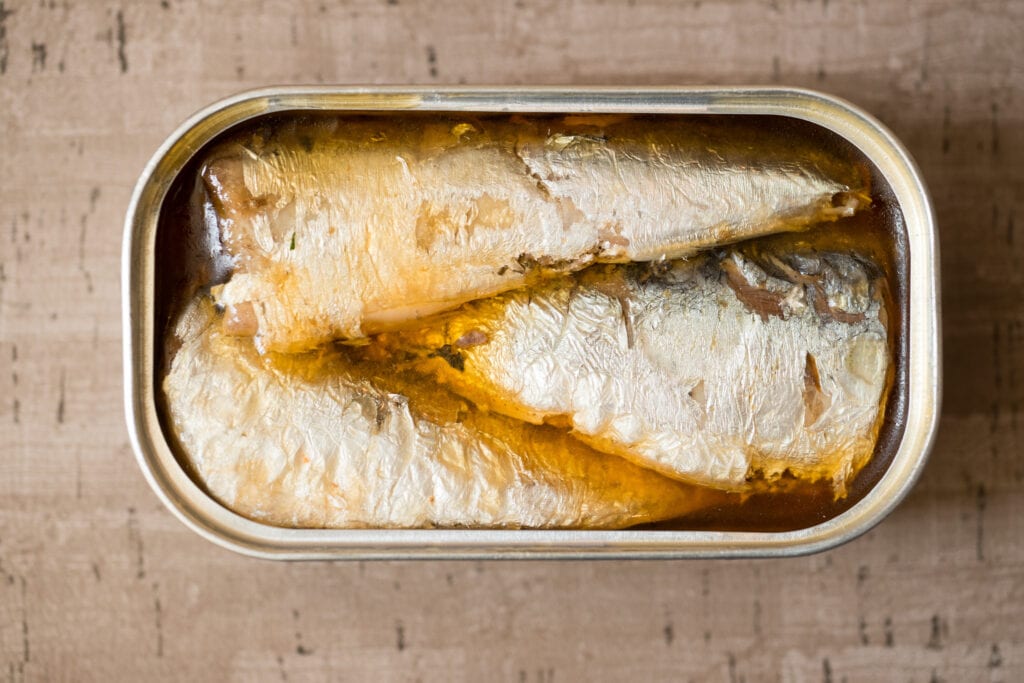
9 – Add in some fish oils
Fish oil is meant to be filling, but like a bone broth above, they’re great fats. These are the sort of fats you really do want to add to your dogs meal. These are going to help with skin and joints and help your pup stay happy, full and healthy.
Even if you would rather? Why not add in fishy topper? Like sardines in brine or oil! Mackerel and salmon works nice too.
If you want to use a little more than suggested, then you’ll definitely see your dog improve! They’re good fats, so they’re going to quickly convert into useable fuel – and the nutrition in this! Is awesome, omegas as fantastic for skin, fur, claws and the brain – can’t lose on that one, can ya?
And with that, Puppies are fed!
That should definitely start getting some extra pounds on your pup. Adding weight can be tough at times, especially if your dog is super active – but – if you feed like this? Add in one or two of the tips above? You should definitely start see your little skinny one beginning to look like a proper dog!
Please do be careful though! It’s honestly a hard thing to balance. You want to make sure your dog doesn’t put on too much weight! There’s a fine balance, and if I’m honest? I would rather see a pupper a little under, than a little over.
Now go do! Oh! And let me know how it goes! I want to know if these tips help your dog. I want to see it!
And if you love it (which I know you do!), share it!
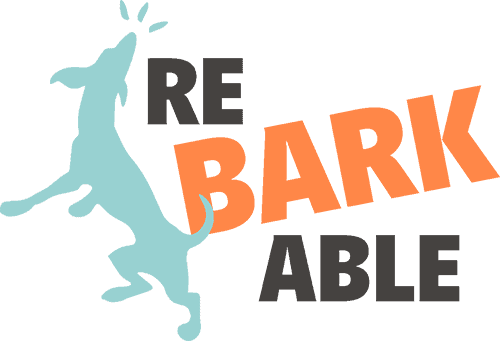
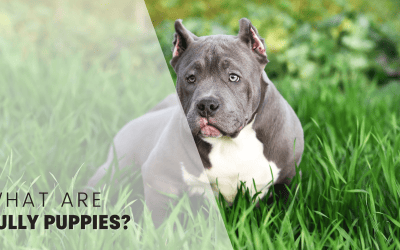

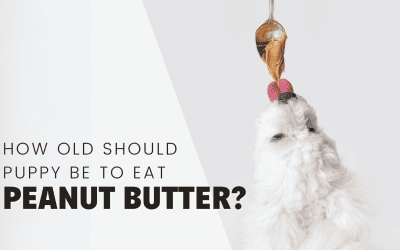
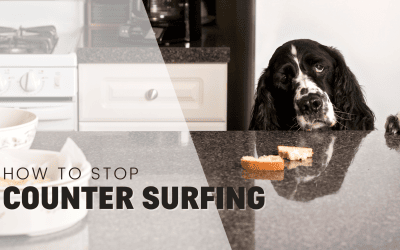

0 Comments